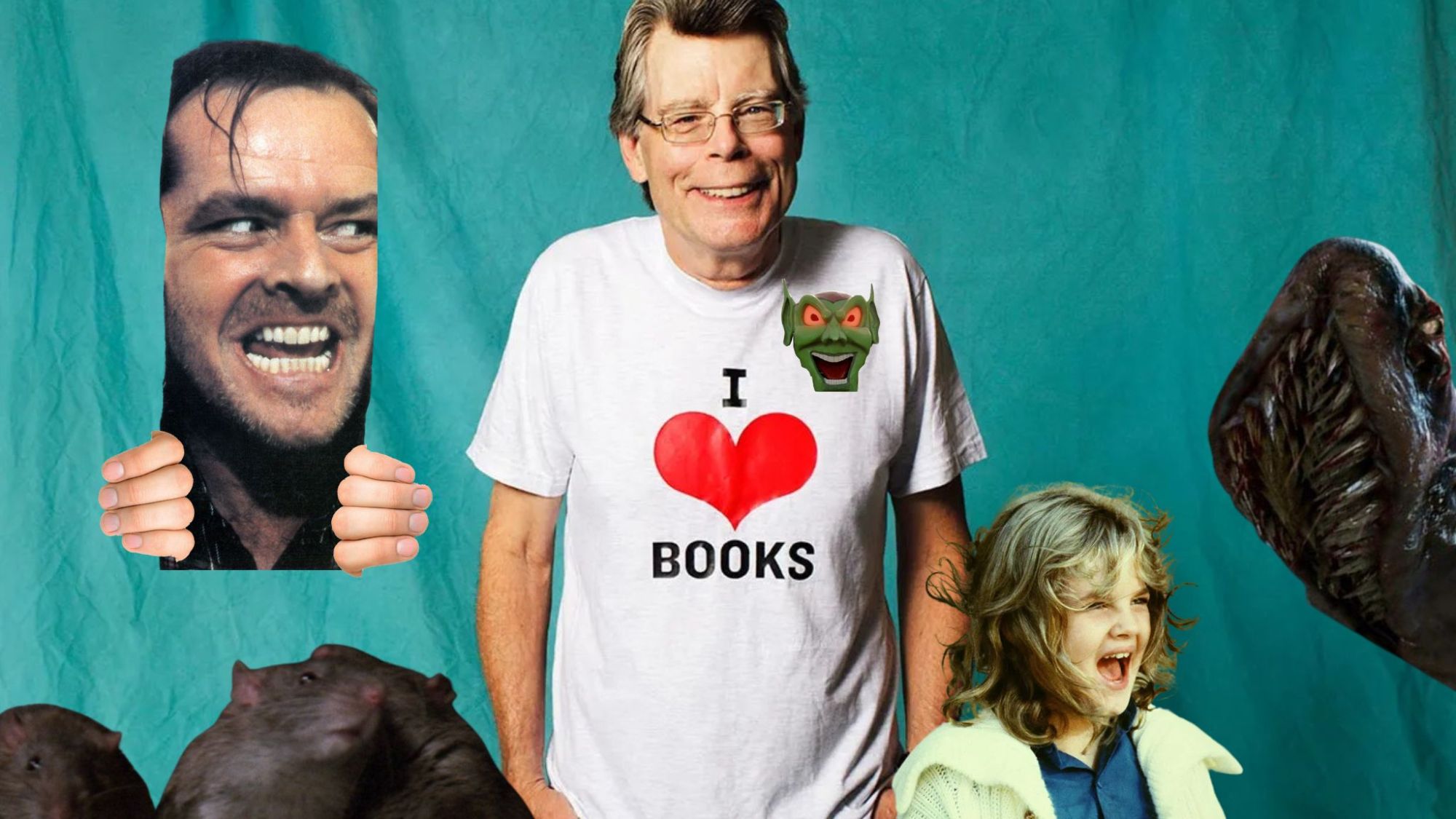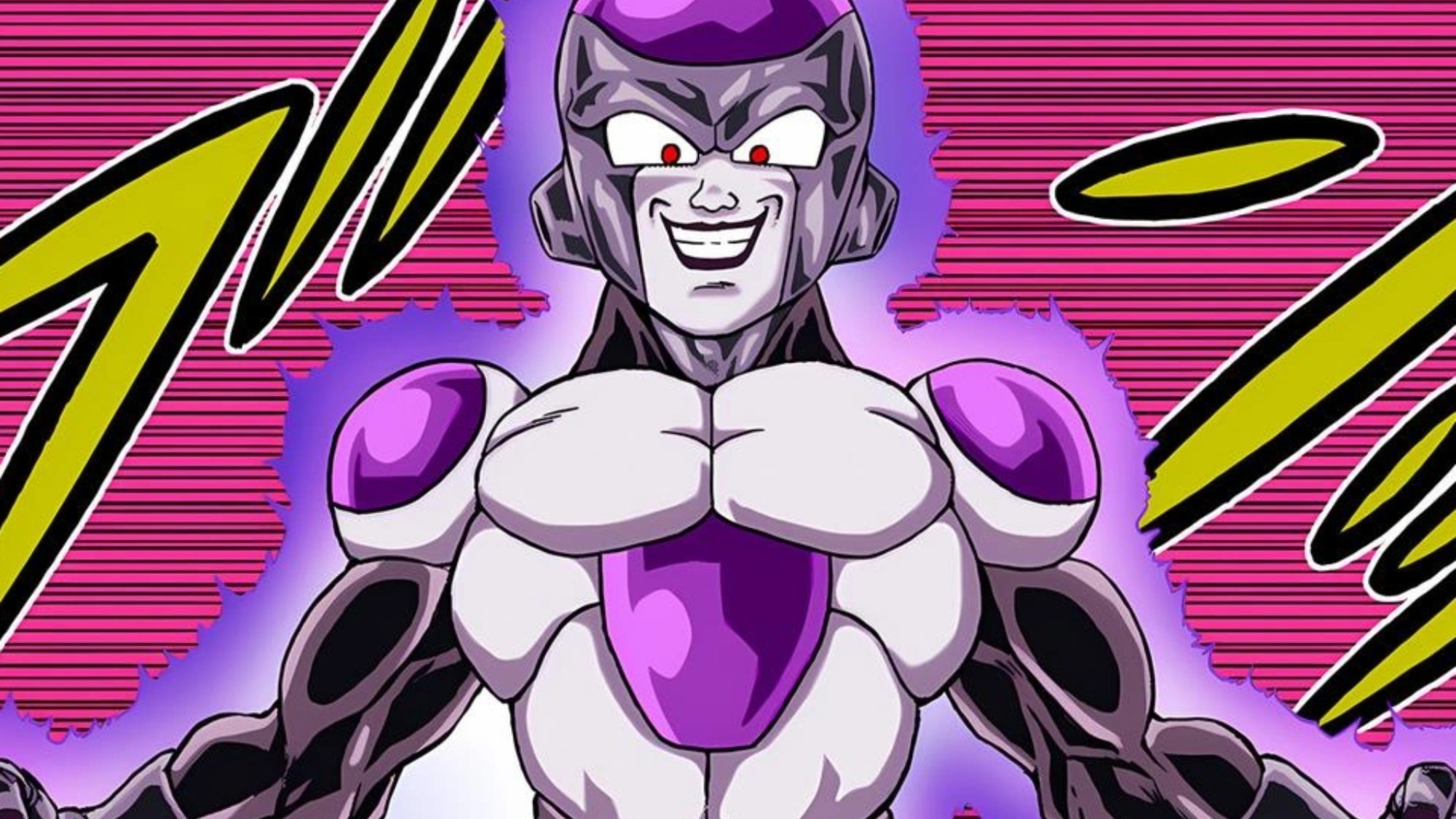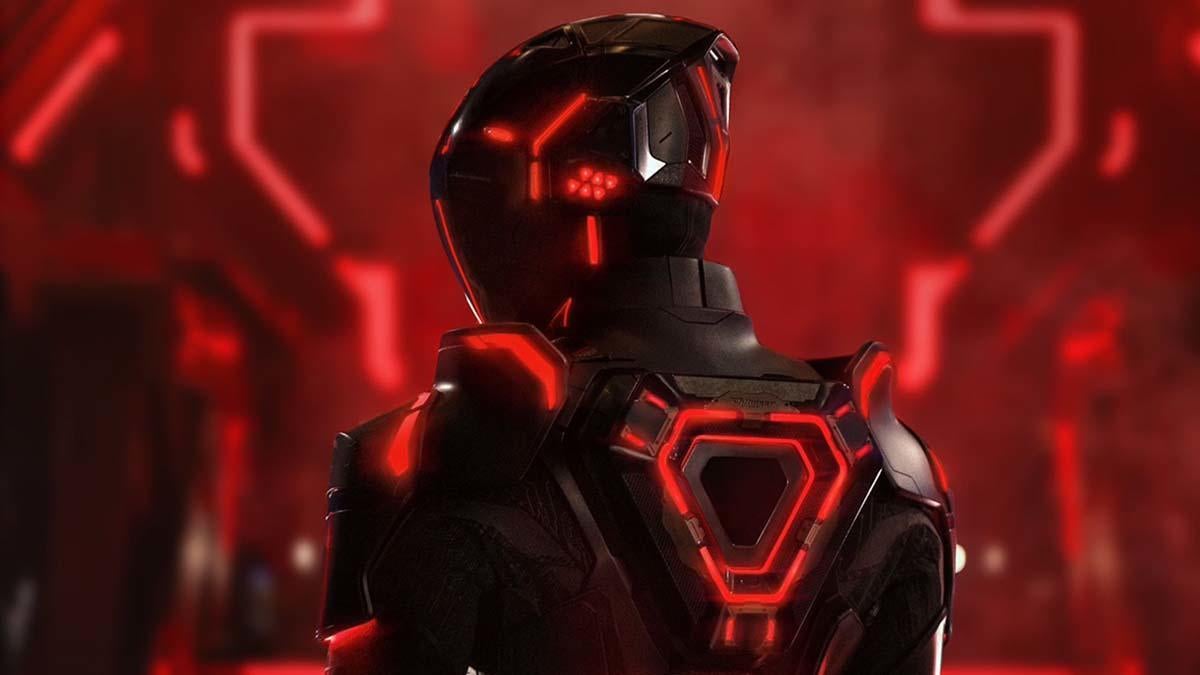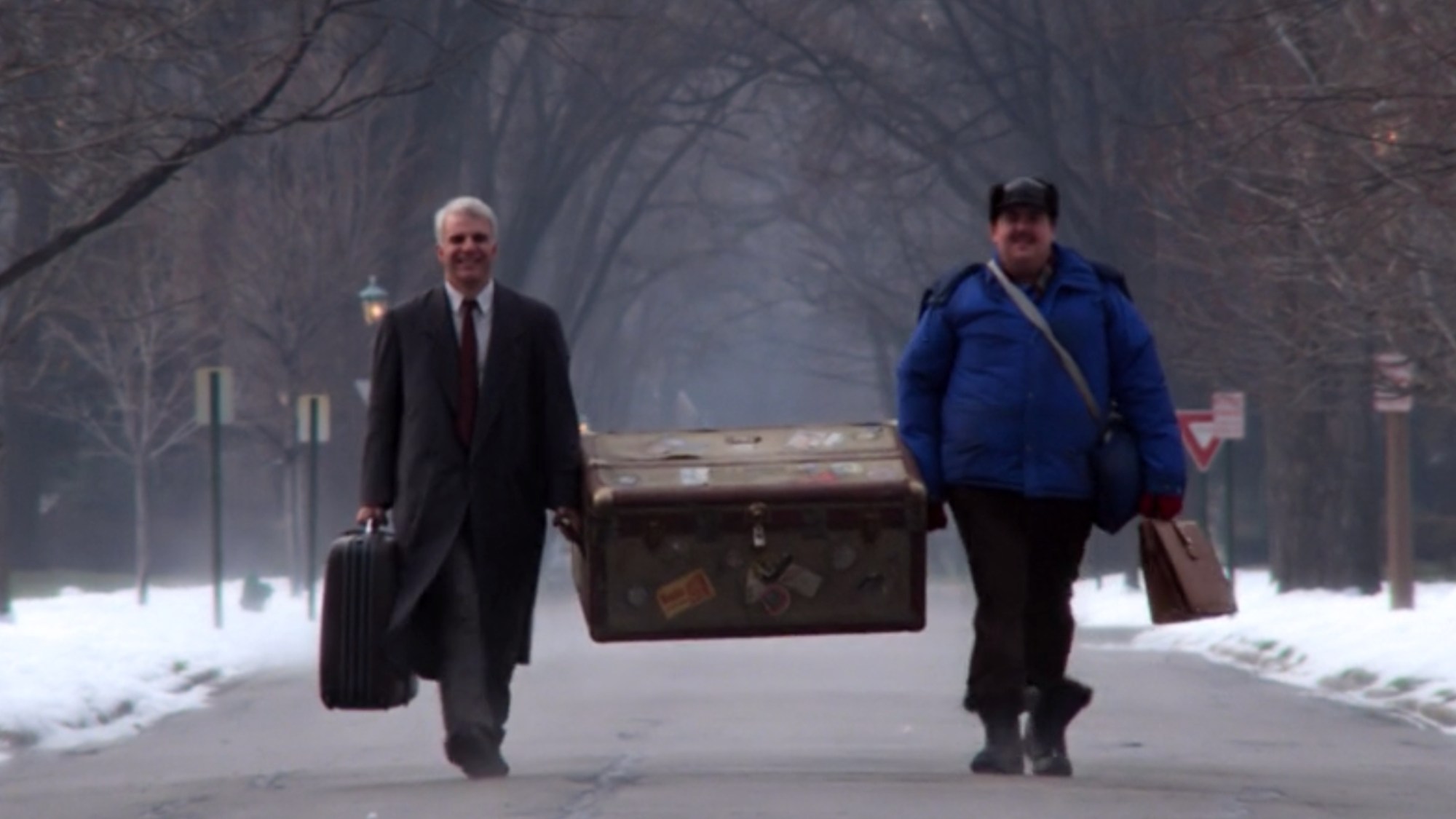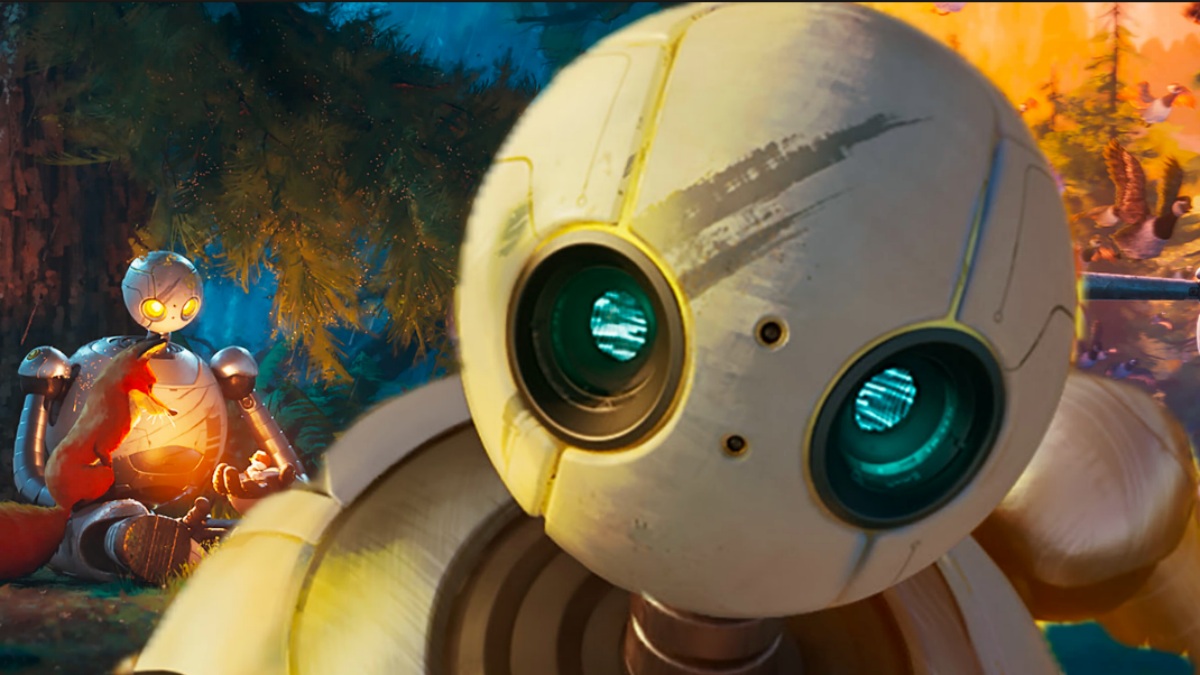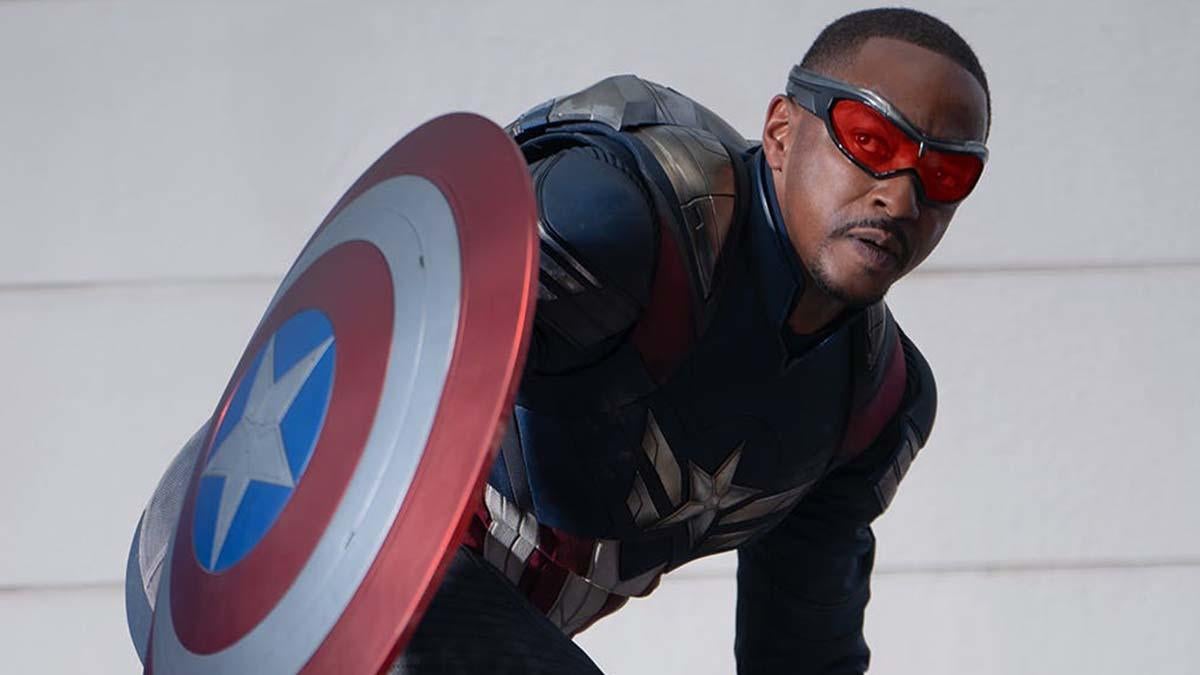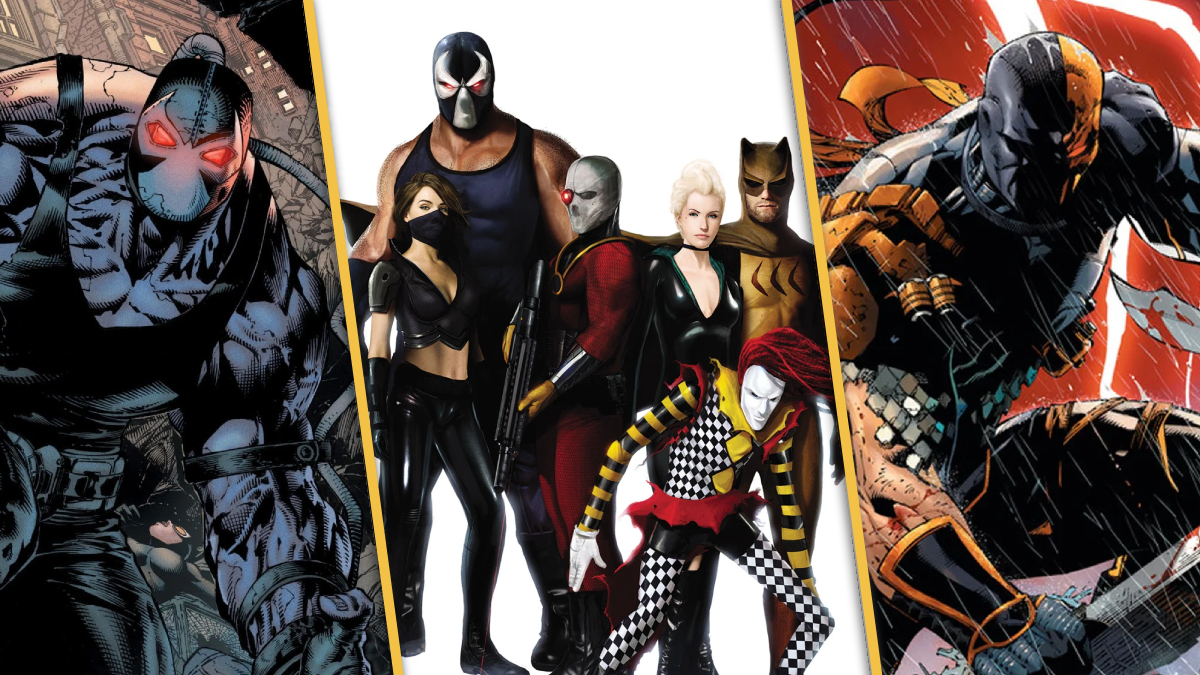Not every adaptation of a beloved author’s work can be a winner, especially when that author is Stephen King, the most frequently adapted writer besides Shakespeare. And, while Shakespeare isn’t around at this point to comment on the quality of those adaptations, King is. And, oftentimes, he does.
Videos by ComicBook.com
King knows how to promote projects, but he also knows how to be honest. That’s why, when a cinematic take on his work doesn’t meet his expectations, he’s not shy about saying so. And, more often than not, when he does negatively comment on an adaptation, it’s both pretty funny and pretty on point.
Below are some of the King adaptations that the author himself was disappointed with, regardless of how fans connected with the material.
The Dark Tower (2017)

The same year that IT made a mint at the box office, The Dark Tower landed with a thud. That it did so even with Idris Elba and Matthew McConaughey was due to multiple factors, several of which King has pointed out. First off, he didn’t feel it should have been made or marketed as a standard PG-13 action blockbuster. In his words to Entertainment Weekly, “The real problem, as far as I’m concerned is, they went into this movie and I think this was a studio edict…It’s going to be a tentpole movie. We want to make sure that we get people in there from the ages of…12 right on up to whatever the target age is.”
And, in going in with that mentality, he felt The Dark Tower “lost a lot of the toughness” found in his source material. He also found it odd the movie kicked off the franchise in the middle of his epic saga, which spans eight novels, one novella, and a children’s book. As he said back in 2017, “Well, people are going to be really puzzled by this.”
Dreamcatcher (2003)

Dreamcatcher is a movie that generated two very different reactions from King. When it was first released in 2003, he championed it. But, as time has gone on, his tune has changed entirely.
For one, Dreamcatcher the book is like The Tommyknockers in that King doesn’t even like the source material that he himself wrote. In the case of Dreamcatcher, he told Rolling Stone he wrote it while recovering from being hit by a car and was “using a lot of Oxycontin for pain”, which he felt greatly affected his prose. In other words, he finds it a jumbled work, which is how he feels about the movie.
Firestarter (1984)

Firestarter isn’t one of the best King books to begin with, but the movie is even worse. None of the performances really ring true and the telekinetic ability loses its luster after the first usage. And it’s used way more than once.
In a 1986 interview with American Film, King called Firestarter “one of the worst of the bunch, even though in terms of story it’s very close to the original.” In the same interview, he also called it “flavorless…like cafeteria mashed potatoes.” He had even more pointed criticism for lead actor David Keith as well as Martin Sheen, who he felt was just repeating his performance from the (far better) King adaptation The Dead Zone.
Graveyard Shift (1990)

As far as midnight movies go, there are worse choices than Graveyard Shift, but that’s really the highest compliment that can be bestowed it. The film manages to waste the presence of Brad Dourif, after all.
When King was asked by Deadline what the absolute worst adaptation of his work is, he named Graveyard Shift. His summarization? It’s “just kind of a quick exploitation picture.” He’s dead-on, it’s very much like a Roger Corman or Asylum movie.
The Lawnmower Man (1992)

Stephen King’s short story “The Lawnmower Man,” initially released individually and later included in Night Shift, is about a man who hires a lawnmowing service run by a goat-like creature who worships the Greek god Pan. When all is said and done, the goat-like creature has sacrificed the man to Pan. The Lawnmower Man, the movie, contains absolutely none of those elements save for the presence of a, well, lawnmower.
King sued to have his name removed from the film, which it was, and he was paid $2.5 million in damages. Fair enough, considering the inclusion of the author’s name on promotional materials was clearly just a way to get butts in seats more than it was any indication that the film was remotely related to King’s work.
[RELATED: Only Two Stephen King Movies Have Ever Been Released at Christmas Time]
Maximum Overdrive (1986)

Maximum Overdrive was and remains the only film King ever directed. And that’s for good reason as, by his own admission, it’s terrible. It’s so bad that he’s repeatedly apologized to lead actor Emilio Estevez over the years.
The author has also admitted that he didn’t quite know how to direct a film, which wasn’t helped by the fact that he, according to Hollywood’s Stephen King, was “coked out of his mind” while in the director’s chair. As far as he’s concerned, it’s a “moron movie,” which is what he called it way back in ’86 (The Gainesville Sun).
The Shining (1980)

Like the first adaptation of King’s work, Carrie, The Shining has a devoted fanbase. It’s just that, in the case of Stanley Kubrick’s film, King is vocally not a member of that fanbase (he does however like Carrie). Oddly enough, the general critical reception for The Shining at the time of release wasn’t particularly flowery, but as time has gone on it has become one of the most important and beloved horror films of all time.
So, what did King not like about Kubrick’s masterpiece? In his non-fiction book Danse Macabre, he called it “a maddening, perverse, and disappointing film.” And, while Jack Nicholson’s work is iconic, King did not take to the actor’s work as Jack Torrance, or at least how Torrance was presented, feeling the character started out as clearly insane instead of there being the slow build-up as shown in the book. Or, as he told Deadline in the same interview he discussed Graveyard Shift, “The character of Jack Torrance has no arc in that movie. Absolutely no arc at all. When we first see Jack Nicholson, he’s in the office of Mr. Ullman…and you know, then, he’s crazy as a sh-t house rat.”
